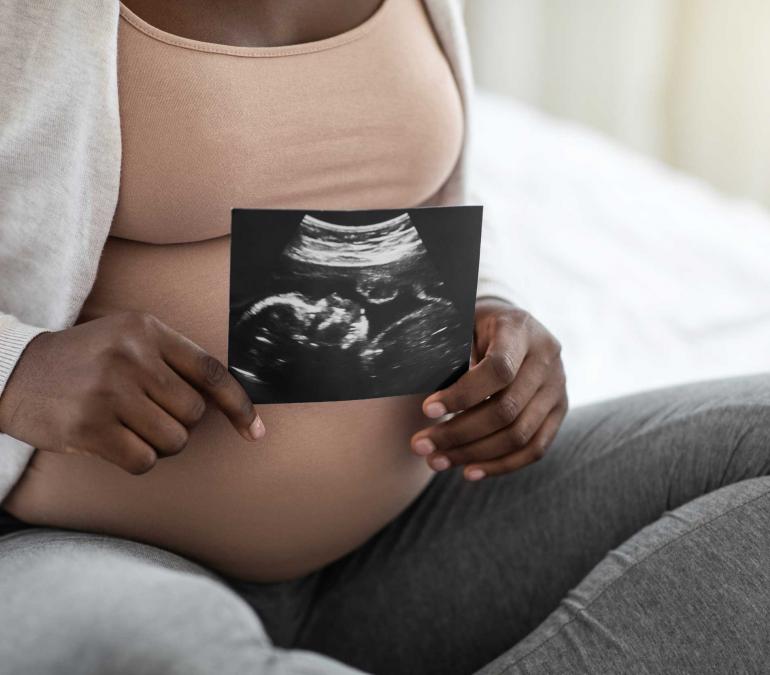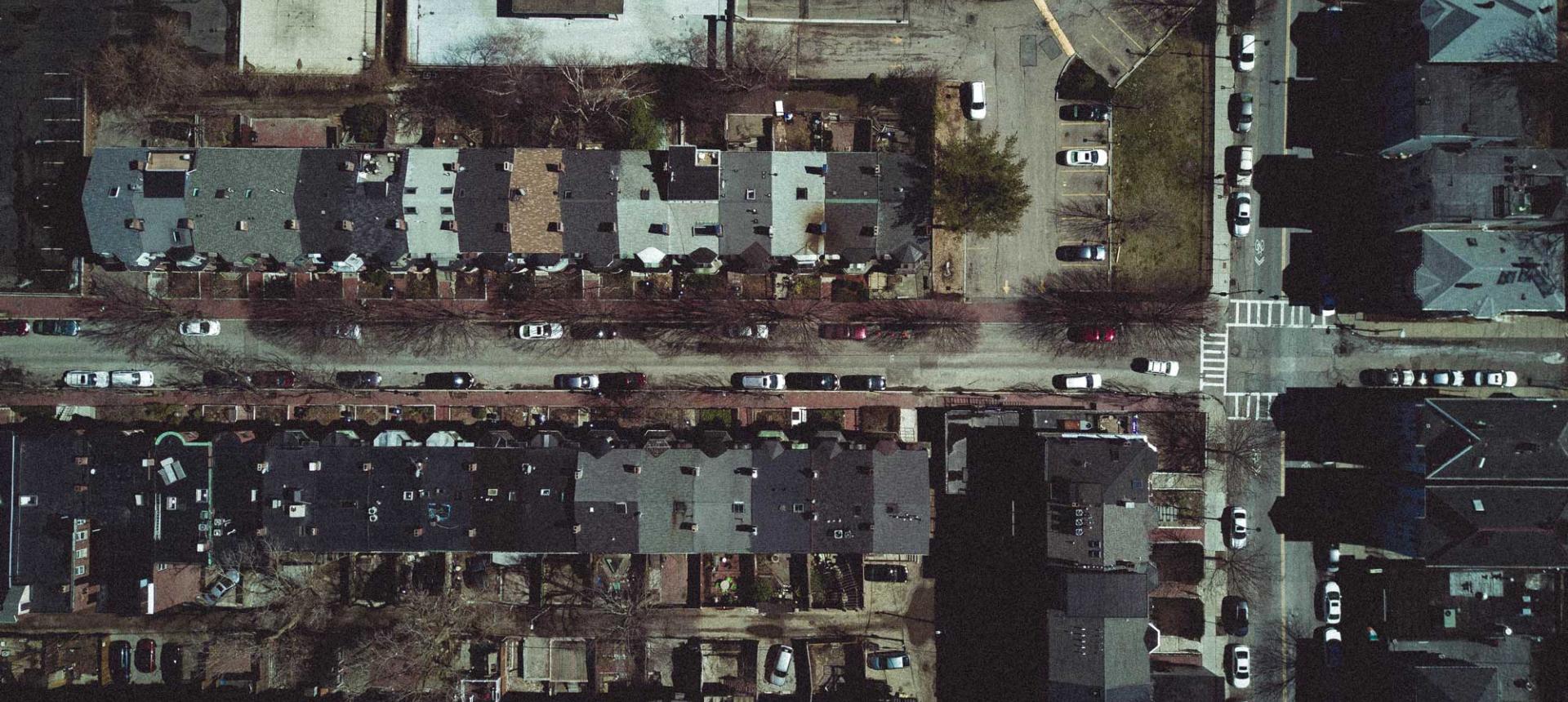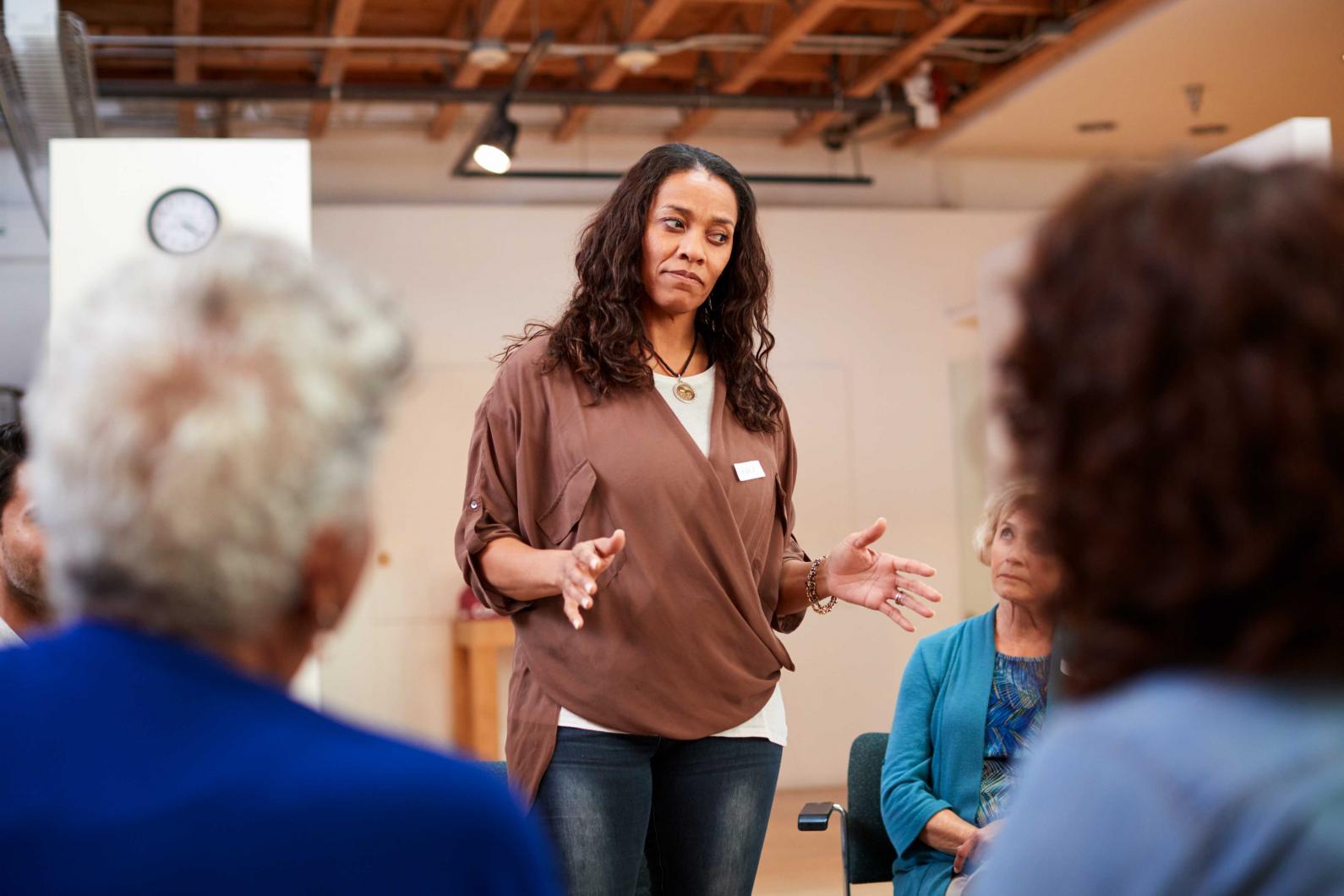
Safe and Connected Communities
Investing in communities and strengthening social connections can address multiple social drivers of health that impact birthing people, babies and families.
What We Know
Numerous facets of community life impact maternal and infant health, including access to and investment in public services, such as community health centers, community gardens, transportation, safe housing, quality childcare and workforce development.

Investment in neighborhoods and support services are investments in families
Evidence shows that pregnant women who reside in low-opportunity neighborhoods (measured by residents' economic mobility) have an increased risk of preterm birth; this risk is higher for Black women than White or Latina women.



The Risk
Highly segregated communities have significantly higher preterm birth rates than communities that are less segregated, even when controlling for factors such as neighborhood poverty, insurance coverage and maternal medical conditions.
--Associations of neighborhood-level racial residential segregation with adverse pregnancy outcomes. Salow, Arturo D, et al. 2018, American Journal of Obstetrics and Gynecology, pp. e1-7.
News & Resources
The Mom and Baby Action Network is excited to announce that registration is now open for our National Summit, "Igniting Impact Together: Birthing Equitable Communities," being held in Atlanta, GA (and virtually) October 24-25, 2022.
Take advantage of our Early Bird registration pricing and secure your spot!
In-Person Early Bird (Ends 7/17/22) $525
In-Person Regular Registration Rate (Ends 8/31/22) $625
In-Person Late Registration Rate (Ends 9/16/22) $675
Virtual Only Registration Rate (Open now thru 10/23/22) $150
In Person attendance will include exclusive workshops, offsite learning opportunities, networking reception, and more!
*March of Dimes is committed to providing a safe and healthy environment for in-person Summit participants.
We will review local Covid-19 data and policies, to ensure we update and communicate meeting safety protocols as we get closer to the event date.*

An initiative of Opportunity Insights, the Opportunity Atlas lets users explore the question, “Which neighborhoods in America offer children the best chance to rise out of poverty?,” using anonymous data from more than 20 million Americans. It includes numerous economic and social outcomes, as well as neighborhood characteristics, and data can be disaggregated by race/ethnicity, gender and parent’s income.

Information on maternal mental health and dealing with stress, anxiety, trauma and other mental health struggles while pregnant or postpartum.


